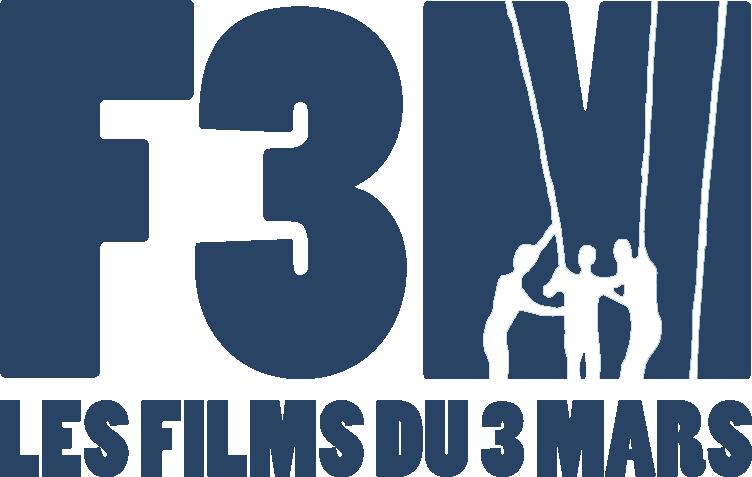
Synopsis
zo reken (“shark bone”) is the nickname given in Haiti to the Toyota Land Cruiser, a powerful all-terrain vehicle, very popular with international humanitarian organizations that have been present in the country since the 2010 earthquake. Ten years later, a zo reken is diverted from its usual use to become a mobile space for meetings and discussions between Haitians. No more foreign humanitarian workers are allowed on board.
A word from Tënk
In an anonymous zo reken, a driver conceals his identity. He knows his role all too well - he is a silent one. He has been used to stepping aside and letting well-paid White People (foreigners, no matter the color of their skin) settle his country's fate among themselves. And in a world still shaped by the dynamics of colonialism, the way to settle his fate is to let foreigners (for profit) take charge of national interests. The result is the well-known effects: disruption of local structures, dependence on external resources, infantilization of the state and increased inequality. And while the perverse effects of the invasion of NGOs in Haiti are being felt, foreign aid workers are getting rich, their efforts shrouded in a humanism that struggles to conceal the imperialism that underlies it.
The zo reken advances through the bumpy streets of Port-au-Prince. The barricades swarm on the way. As the film progresses, the tension mounts, the flames get closer, the anger radiates. The manly and blind carcass of the vehicle crosses the landscape in crisis, its immaculate whiteness carrying a repressive and dystopian imaginary. But this time, thanks to the device set up by Licha, in this bunker on wheels, it is representatives of the civil society who follow one another, astonished to find themselves suddenly on this side of the world. On the side of power, of padded chairs and air conditioning. On this side where one lowers the window and leans to speak to the people, and where one raises it briskly to protect oneself. This reversal of roles allows us to measure the extent of the gap that separates the people and the "leaders" of Haiti, whether they are representatives of the government, the police, or even NGOs.
Naomie Décarie-Daigneault
Tënk's Artistic Director
Presented in collaboration with




